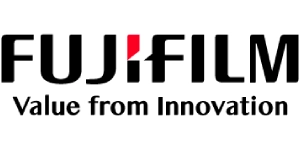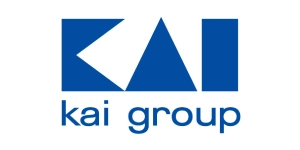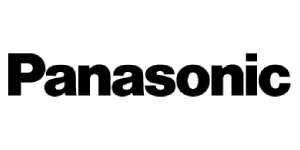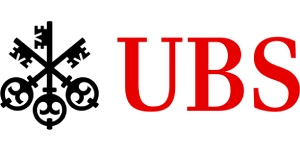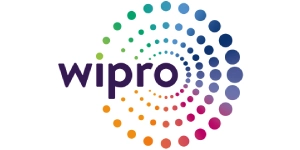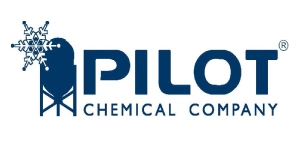Top 5 Drivers Shaping the Future of the Managed Print Services Market Through 2032
Category : IT And Telecommunications | Published Date : May 2025 | Type : Press Release
The Managed Print Services (MPS) Market is undergoing a significant transformation, driven by rapid advancements in digital technologies, evolving business environments, and the global shift toward more sustainable and efficient workplace solutions. As organizations continue to seek streamlined document management, cost reduction, and improved productivity, MPS is emerging as a vital tool in achieving these goals. Through 2032, several key drivers are expected to shape the trajectory of the MPS market. Below are the top five factors influencing its growth and evolution.
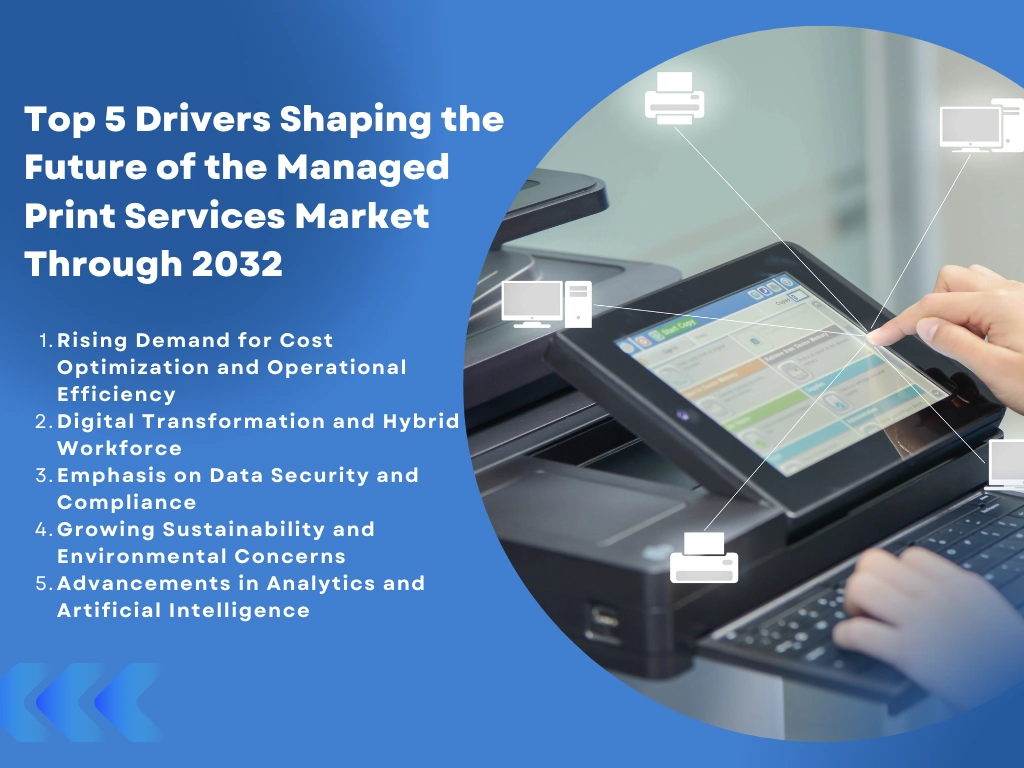
1. Rising Demand for Cost Optimization and Operational Efficiency
One of the most prominent drivers propelling the MPS market forward is the continuous demand for cost control and operational efficiency across industries. Businesses, particularly small and medium enterprises (SMEs), are increasingly seeking ways to reduce overheads without compromising productivity. Traditional print infrastructures often involve hidden costs, such as maintenance, paper wastage, and unmonitored usage, which can accumulate over time.
MPS providers address these inefficiencies by offering centralized control, usage monitoring, and predictive maintenance solutions. By outsourcing print management, companies can consolidate devices, implement automated supply replenishment, and optimize printer usage. These strategies not only reduce unnecessary expenses but also free up internal IT teams to focus on core business objectives. With inflationary pressures and global competition, the need to streamline operations makes MPS a highly attractive solution.
2. Digital Transformation and Hybrid Workforce
The surge in digital transformation has altered the dynamics of workplaces worldwide. Remote work and hybrid work models have become the norm, requiring businesses to adapt their document handling and printing capabilities. Managed print services have evolved accordingly, incorporating cloud-based solutions and secure mobile printing to support decentralized teams.
MPS vendors are now offering platforms that allow employees to print from any location while maintaining centralized control and security. Integration with document workflow automation tools is also helping reduce the reliance on paper-based processes. As companies prioritize flexibility and digital resilience, MPS solutions that align with digital-first strategies are experiencing increased demand. The continued growth of hybrid work environments will remain a pivotal driver of MPS adoption through 2032.
3. Emphasis on Data Security and Compliance
In an era where data breaches and cybersecurity threats are widespread, organizations are prioritizing the security of their print environments. Printers and multi-function devices are often overlooked vulnerabilities within corporate networks. Unsecured print jobs, unauthorized access, and data leaks can pose significant risks, especially in industries like healthcare, finance, and legal services, where compliance with regulations such as GDPR, HIPAA, and SOX is mandatory.
MPS providers are responding by embedding advanced security features into their offerings. These include user authentication, encryption, secure pull printing, and audit trails. Additionally, cloud-based print management platforms now offer compliance tracking and real-time alerts for potential security breaches. The growing need for comprehensive print security and regulatory compliance is a major driver in the expansion of the MPS market.
4. Growing Sustainability and Environmental Concerns
As environmental consciousness becomes increasingly integral to corporate social responsibility (CSR) strategies, businesses are seeking greener alternatives in all aspects of operations, including print management. The global push for sustainability is prompting organizations to reduce paper consumption, minimize waste, and lower energy usage.
Managed print services contribute significantly to environmental goals by offering print assessments, setting usage limits, implementing duplex printing, and recycling toner cartridges. Many MPS providers also incorporate energy-efficient devices and eco-friendly supplies into their service models. Additionally, real-time tracking and reporting tools help businesses measure and reduce their carbon footprint.
The alignment of MPS solutions with green initiatives is not only a reputational asset for companies but also a cost-saving mechanism. As sustainability regulations and consumer expectations intensify, eco-conscious print management will become a key differentiator in the market.
5. Advancements in Analytics and Artificial Intelligence
The integration of advanced analytics and artificial intelligence (AI) into MPS platforms is revolutionizing how print environments are managed. These technologies enable predictive maintenance, automated decision-making, and dynamic usage forecasting, all of which contribute to improved efficiency and reduced downtime.
AI-powered MPS solutions can detect patterns in user behavior, identify inefficiencies, and recommend optimizations without human intervention. For example, intelligent routing of print jobs to the most cost-effective devices or automatic supply ordering based on usage trends. Additionally, analytics dashboards offer deep insights into user activity, device performance, and environmental impact, facilitating data-driven decision-making.
As organizations increasingly embrace data-centric strategies, MPS providers that incorporate AI and analytics will have a competitive edge. The technological advancements associated with MPS solutions is expected to grow, further driving market growth through 2032.
Conclusion
The Managed Print Services Market is poised for significant evolution through 2032, driven by a convergence of operational needs, technological innovation, and socio-environmental pressures. The growing importance of cost efficiency, digital enablement, security, sustainability, and AI integration is shaping a future where MPS becomes a cornerstone of modern enterprise infrastructure. Organizations that leverage these solutions effectively will reduce costs, enhance productivity, and improve compliance and environmental impact. As businesses navigate an increasingly complex and digital world, MPS stands as a critical enabler of streamlined, secure, and sustainable document management.


